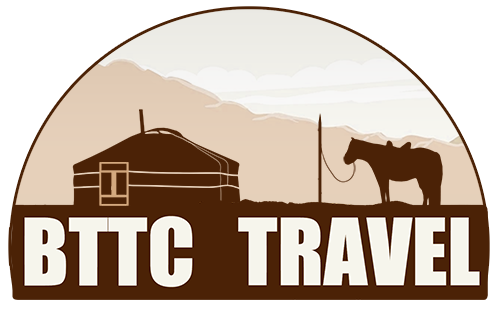Before you visit MONGOLIA
Accessibility
Weather/ Best time to travel
Visa information
Vaccination
Mongolian embassies abroad
While you are in MONGOLIA
Mongolia celebrates Tsagaan Sar, or “White Month,” to mark the Lunar New Year, rooted in its ancient 12-year animal cycle. Tsagaan Sar, a time to honor happiness, purity, and the abundance of milk products, usually falls between late January and early March, aligning with the moon phases.
Preparations start nearly a month in advance. Mongolian families clean their gers and prepare abundant gifts and food, especially buuz (dumplings), often making hundreds. New deels (traditional robes) are sewn, and the finest sheep is slaughtered for the celebration, with its tail and lower back served throughout the holiday, symbolizing family wealth and prosperity.
New Year’s Eve, called “Bituun,” is marked with a feast, including dishes like “ul boov” (traditional bread), “berees” (sweetened rice), and a range of dairy products. Some families hide coins in buuz, bringing luck to those who find them. The next morning, everyone rises early to greet the sun and take the first steps of the year in directions determined by their birth year for luck and health.
Family greetings begin with the oldest member and involve exchanging silk scarves and milk cups, showing respect and love through this ritual. The celebrations continue with food, airag (fermented milk), vodka, and Mongol milk tea. Visitors arrive throughout the day to exchange gifts and inquire about the winter health of livestock, honoring this 15-day tradition that embodies the spirit of Tsagaan Sar.
